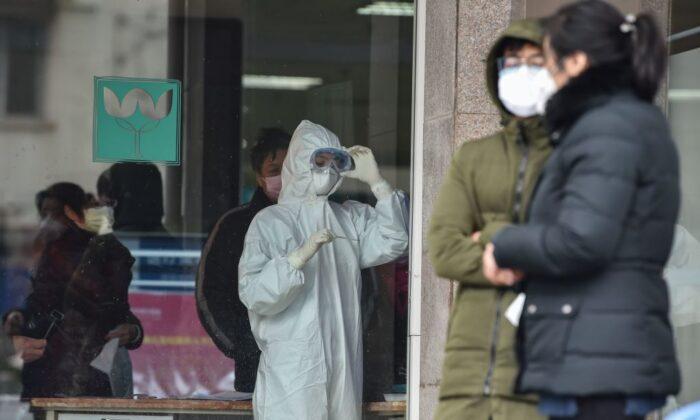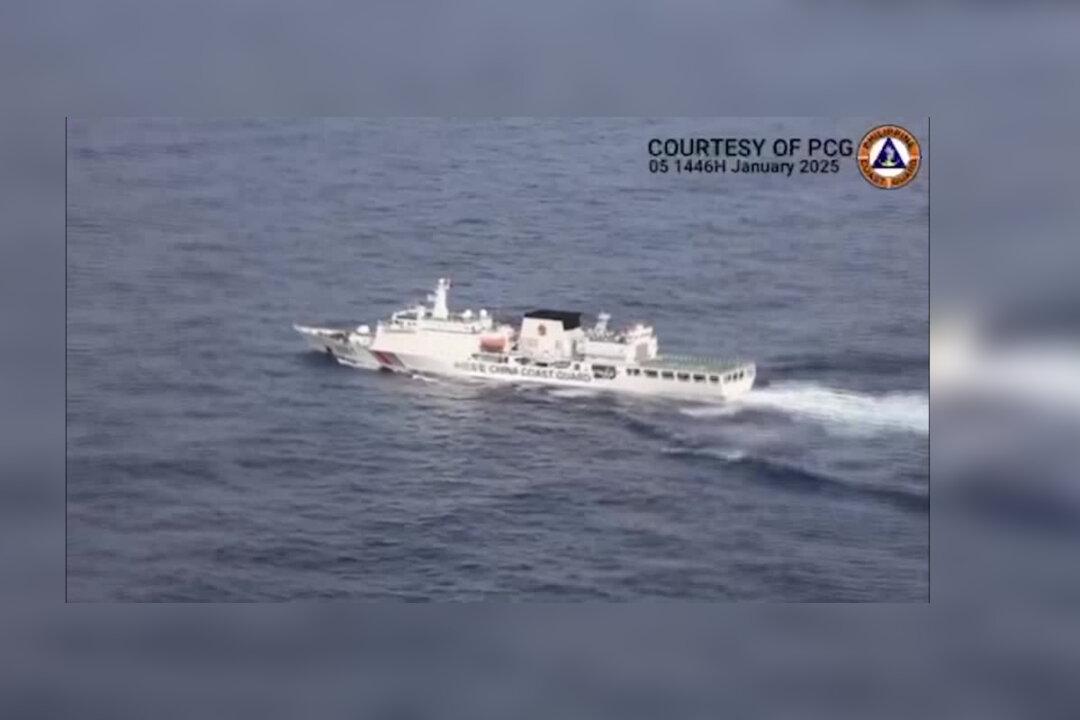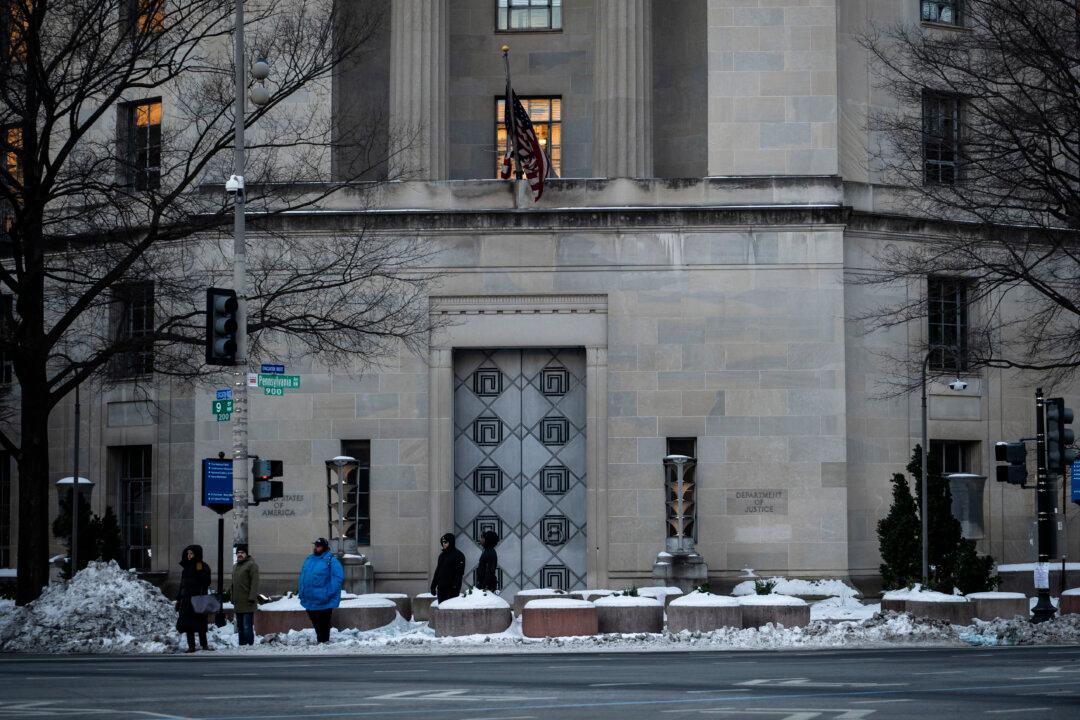Chinese authorities have expanded lockdowns and closed tourist attractions ahead of the Lunar New Year to curb a viral outbreak that has spread to every region in the country except Tibet.
The deadly disease originated from the central city of Wuhan.
Authorities have put 13 cities in the province of Hubei, where Wuhan is located, under transport lockdown—affecting around 40 million people. Outside the epicenter, there were major closures of events to celebrate the upcoming Lunar New Year and tourist attractions, including Beijing’s Forbidden City, some sections of the Great Wall, and Shanghai Disneyland.
Authorities reported a second death outside the disease epicenter in Suihua, a city in northern China’s Heilongjiang Province. The first death that authorities outside of Hubei reported occurred in Hebei Province on Jan. 23. Hubei and Hebei do not border each other.
In the Chinese province Qinghai, a 27-year-old man, who worked in Wuhan, was put under quarantine at a local hospital for possible infection of the coronavirus, according to Chinese news portal Sina. The latest suspected case leaves Tibet as the only region in China without any suspected case of the virus.
In response to the crisis, more cities and provinces have raised their emergency response to level one, the highest of a four-level system in China. These cities and provinces now include Hubei, Guangdong, Hunan, Zhejiang, Hubei, Anhui, Tianjin, Beijing, and Shanghai.
More cities in Hubei are being locked down in addition to Wuhan. According to Chinese media, at least 13 cities have imposed their own bans on public transport, including Ezhou, Xiantao, Zhijiang, Qianjiang, Huanggang, Chibi, Xianning, Jingmen, Dangyang, and Huangshi.
In Wuhan, roadblocks were put in place to stem the spread of the coronavirus, according to Reuters.
Local authorities in the city are building a new 1,000-bed makeshift hospital for virus patients, with the goal of finishing construction by early next week.
Outside of Hubei, tourist attraction sites are being closed down and public events are being canceled ahead of the Lunar New Year festival. According to Chinese media, the Forbidden City in Beijing, some sections of the Great Wall near Beijing, and Shanghai Disneyland will be closed from Jan. 25.
In the southern province of Guangdong, authorities have asked movie theaters in the province to close down until the end of the Lunar New Year.
The General Office of China’s cabinet-like State Council announced that it will be sending out officials to supervise regional governments and agencies in handling the crisis.
The announcement stated that those found responsible for “being slow to report, covering up, and failing to report” regional situations would be “harshly dealt with in accordance with the law.”
Overseas
Outside of China, both South Korea and Japan reported a second confirmed case. Taiwan also reported two additional confirmed cases, bringing the total to three.The virus has been detected in Thailand, Vietnam, Singapore, Japan, South Korea, Taiwan, and the United States.
The World Health Organization (WHO) on Jan. 23 declared the new coronavirus an emergency for China, but stopped short of designating it an epidemic of international concern.
In Taiwan, authorities confirmed two new cases—a woman from China and a Taiwanese man, both in their 50s—of the coronavirus; both are quarantined in hospital. The island now has three confirmed cases.
A day after his arrival in Japan, the man went to a hospital suffering from a fever and sore throat. During a second checkup on Jan. 22, doctors confirmed he was infected with the Wuhan virus.
In Hong Kong, local tourism companies have canceled tour groups to China during the Lunar New Year. According to Hong Kong media HK01, 90,000 people are affected by the cancellation.
Meanwhile, the number of suspected cases in Hong Kong has increased by 66, bringing the total to 236. There remain two confirmed cases of the coronavirus in Hong Kong.
Taiwanese authorities have announced an export ban on surgical and N95 facial masks to assuage public fear that there might be a facial mask shortage.
HK01 has reported that mainland Chinese have been buying up masks from pharmacy stories in the shopping district of Mongkok in Hong Kong.





